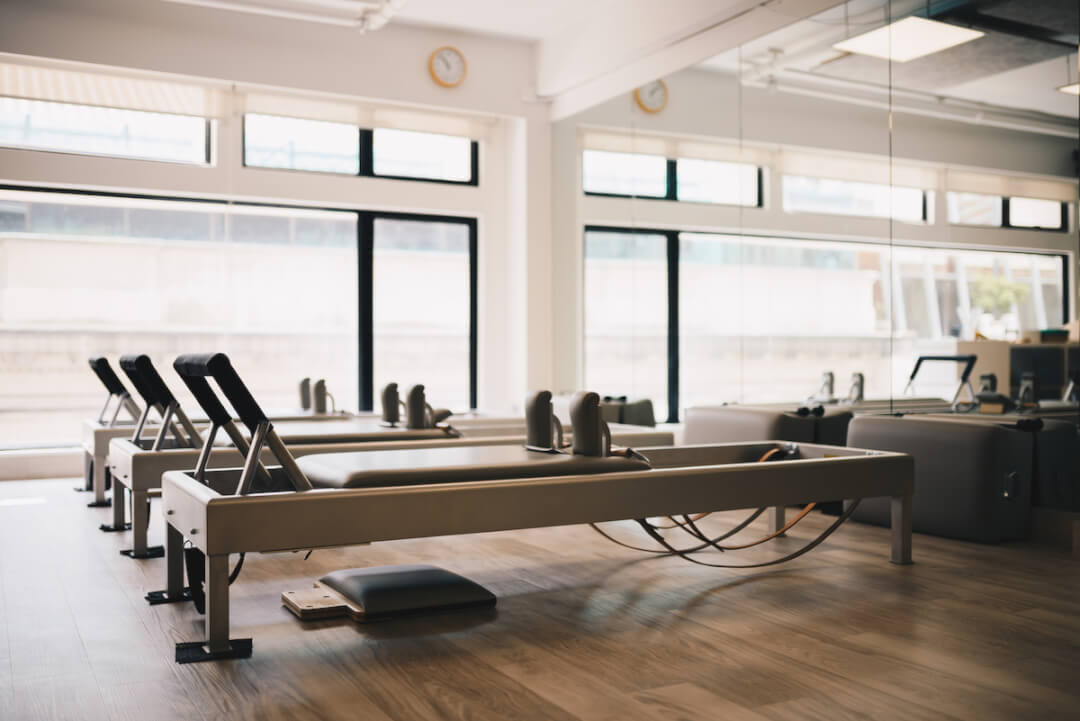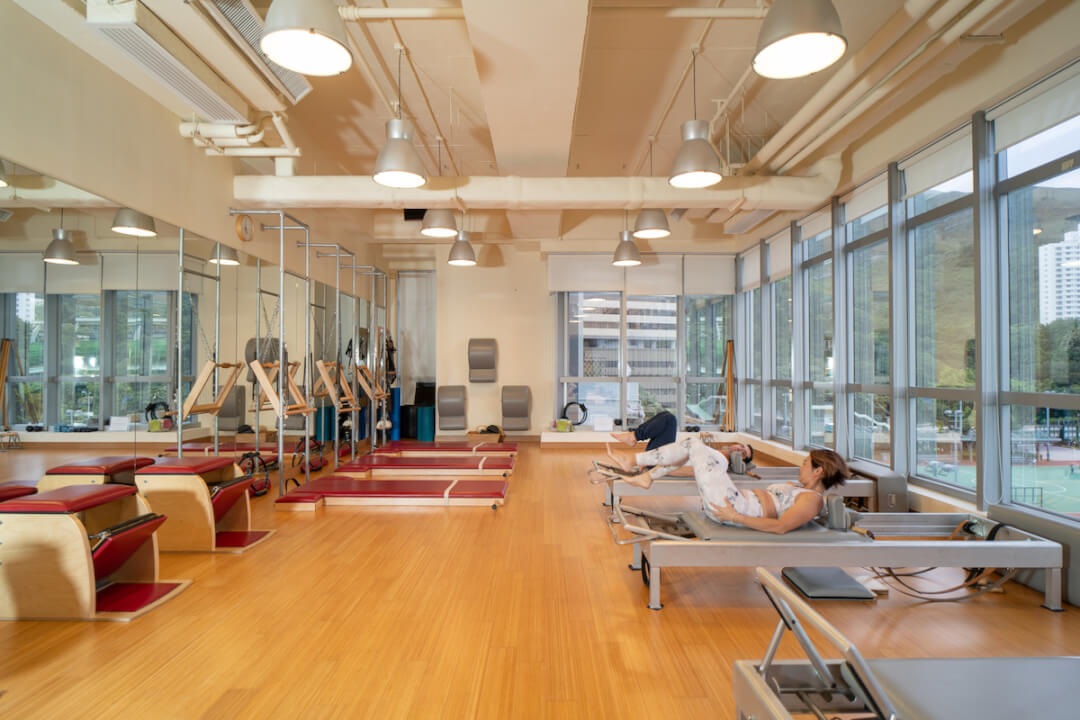
07 Oct 10 Questions to Ask When Choosing A Pilates Studio
How can you choose a good Pilates studio? Find out by asking these ten questions.
Around the world, Pilates studio professionals are teaching millions of students the techniques, philosophies and exercises of the Pilates method. With so many choices, how do you find the right studio to train your “Pilates body?”
Further, if you can train by yourself at home, why is studying in a professional environment under an instructor’s guidance so important? An instructor’s trained and watchful eye ensures you develop only good habits as you learn the Pilates method of body conditioning. Working in a professional atmosphere is the most stimulating and educational atmosphere in which to grow your practice, complete with classical apparatus.
So ask away!
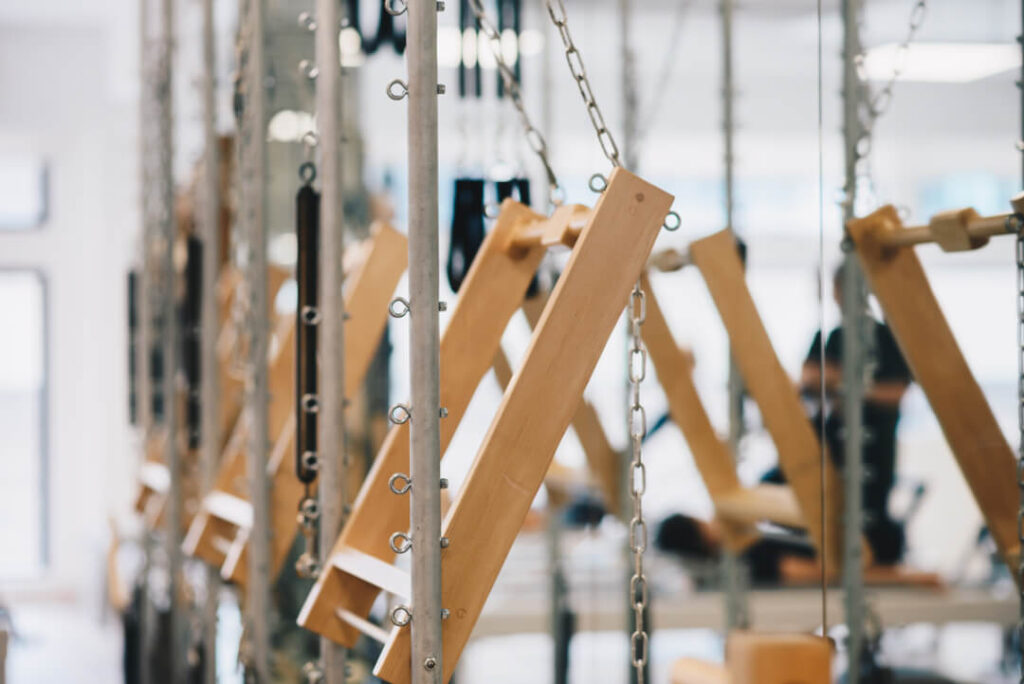
Classical or Contemporary Pilates?
When you choose a Pilates instructor or facility, you’ll find it helpful to understand which “school” of instruction your trainer is associated with.
The primary first-generation instructors, often referred to as the “Pilates Elders”, and those ‘descended’ from them, belong to the Classical method. This type of pilates strives to be as close to the teachings of Joseph Pilates as possible. Second generation teachers are those who studied with one or more of the Elders to keep Pilates’ work and spirit alive.
Contemporary Pilates, while still based on the work of Joe Pilates, has been modernized by adjusting the exercises to fit with the latest in medical research, physical therapy and biomechanics. Many exercises remain the same, but new ones or variations have been added to make space for injury rehabilitation and instructor creativity.
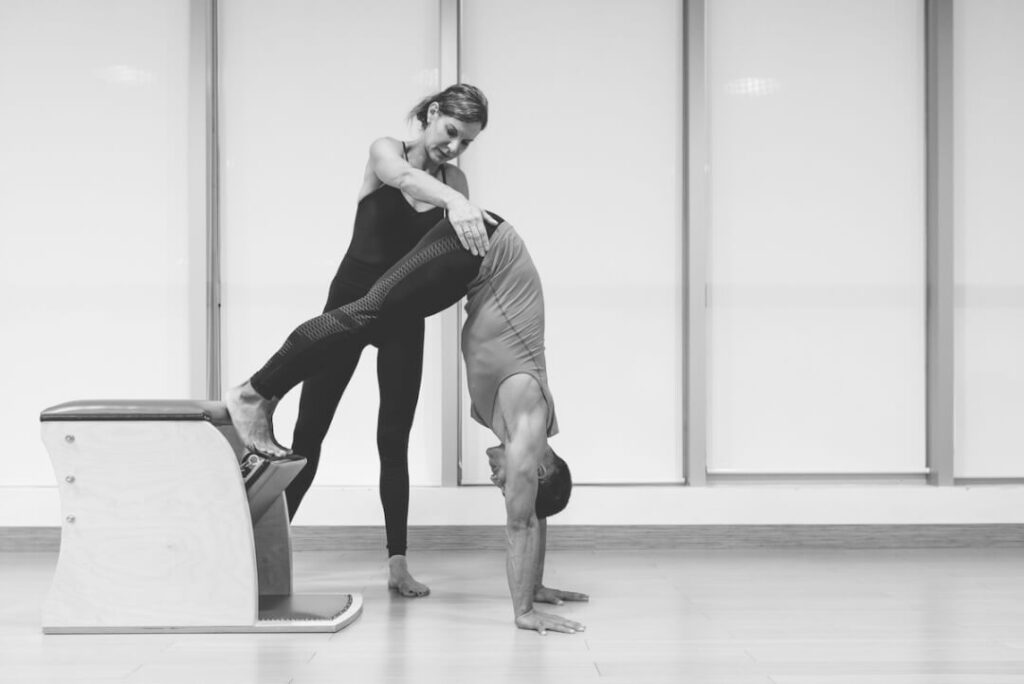
Who are the instructors who teach at the studio?
What certifications do they have? How many hours was their certification course? What’s their lineage? Where did they train? How long have they been teaching? Are they trained in rehabilitation? Do they give a challenging workout? Finding the right fit starts with looking at the team and leadership at the studio.
What kind of apparatus does the studio have?
Equipment can range from mat, magic circle and small ball to Allegro reformer machines for group classes. The more sophisticated Classical Apparatus include the Reformer, Cadillac, Wall Mat, Wunda Chair, Barrels, Guillotine and more. Find out if the studio is fully equipped to determine how far you will progress in the system. If you’re curious about what the full Pilates method has to offer, this is an important consideration.
Mat or equipment?
Group mat and Allegro classes are some of the best ways to try out Pilates without a huge investment. Both teach core strength and spinal flexibility, and if you find that you love the work, then you can decide whether you’re ready and willing to invest in private or “Trio” sessions to work on Classical Apparatus.
Mat-work classes require somewhat less intensive supervision and instruction than equipment classes because the instructor doesn’t have to monitor the use of the machines or apparatus. Pilates equipment uses straps, springs and pulleys to offer variable resistance as you perform movements. These pieces help you maintain the proper position during your exercises and guide your body’s movement, so you can do more and get better, quicker results than you can achieve on your own.
If you have the Pilates equipment available to you, take advantage of it because balancing mat and apparatus is the best way to get the most benefit from the system.
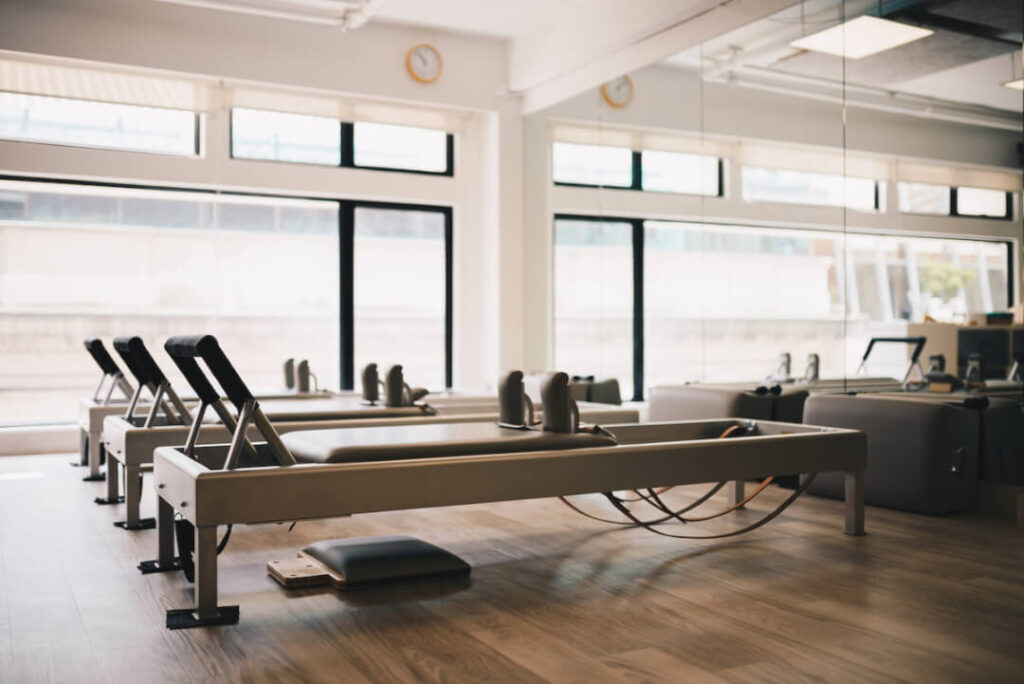
Group, semi-private, or private classes?
The best is to find a full Pilates facility where you have the opportunity to participate in group mat work, equipment classes and private sessions. We recommend you maximize your time in all these types of Pilates sessions, because unlike other forms of fitness, Pilates is designed to be done everyday. With all these options, you can devise a programme that is interesting, variable, fun, challenging and rewarding to your mind and body.
How are students guided through the process of training in the “System”?
Ideally, your first session will be a one-on-one evaluation of you and your body. That way, your Pilates instructor can help ensure that your programme will be able to meet your needs and goals. Instructor attention and assistance are critical for getting the most from your Pilates programme.
An evaluation session includes a brief discussion of your present physical condition, your medical history as it applies to your physical training, and fitness needs and goals. It should also include a workout, during which your instructor can learn more about your body and the way it moves. This knowledge will help him or her devise a good programme for you. The result of your first session should be that you leave feeling rejuvenated, taller and excited about your opportunity to ‘return to life,’ as Joe himself said.
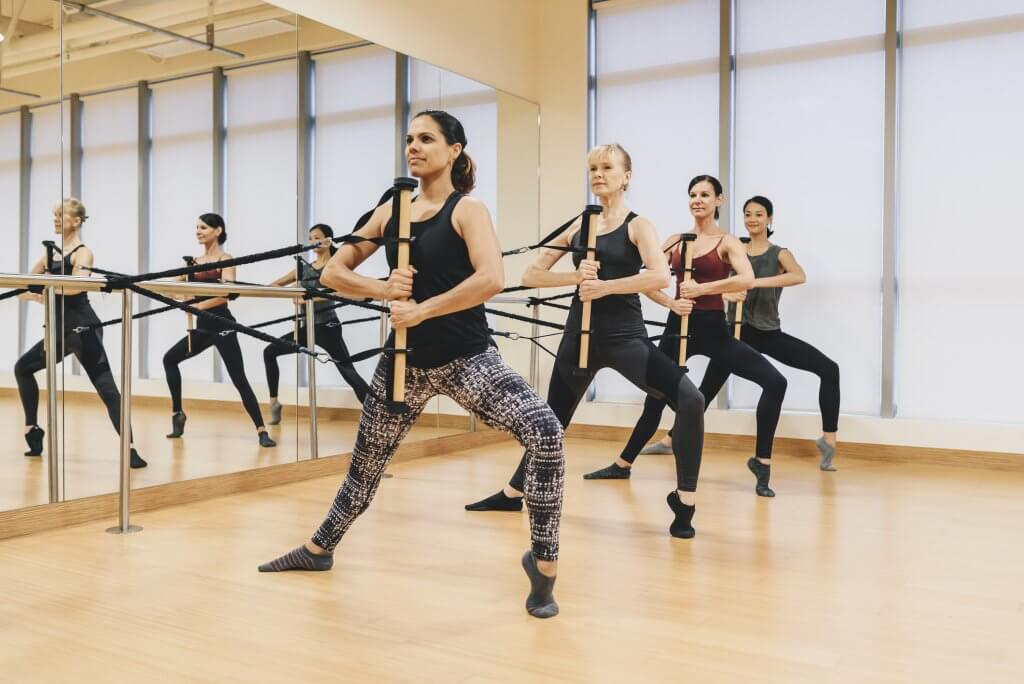
What kind of programmes does the studio offer?
Consider the depth and breadth of training offered by the studio, including teacher training for the most advanced, as well as pre or post natal, kids and teen Pilates, and rehabilitation among others. Pilates journeys can be for life, so you may want to think about the studio being able to accompany you every step of the way.
Just Pilates or cross-training?
Pirates is great, but what you do when you’re not doing Pilates is important too! If you can find a studio with a complete Pilates system as well as aerobic or cardio and stretching classes, that would be ideal. Pilates usually does not become aerobic until you get to the advanced level. For your overall health, you need to have some aerobic element in your fitness regimen; 20-30 minutes of aerobic exercise three times a week is the minimum you should be getting.
Flex Studio, for example, offers Xtend Barre dance cardio and strengthening and stretching Yoga as ways to complement your Pilates regimen. Other activities you might want to consider include walking or hiking, swimming and running.
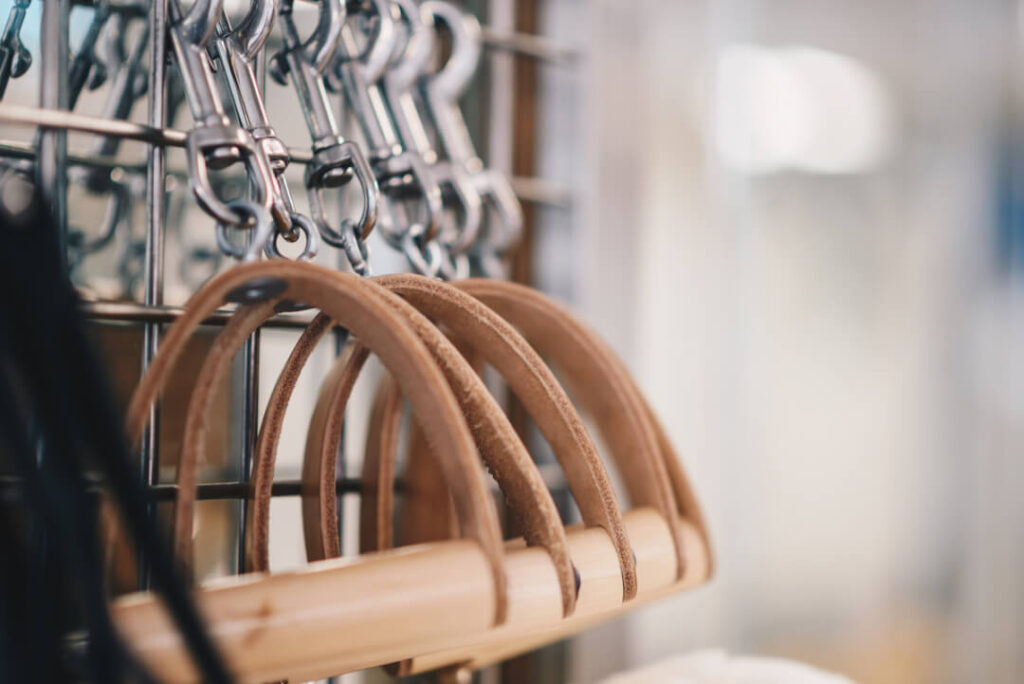
What are the studio’s COVID-19 protocol and hygiene policies?
How clean are their facilities? How regularly do they sanitize their equipment? What are their policies in terms of checking temperature or distancing between students? Choosing a sanitary and hygienic studio with small group class sizes and top-of-the-line facilities has become more important than ever, worth every extra penny.
What sets the studio apart from others?
Maybe they have that supportive community that keeps you coming back. Maybe they are the only Classical Pilates studio in your city. Maybe they have the complete roster of apparatus and equipment. Maybe they have that perfect blend of classes you need, or that team of instructors that work you in the ways that make your body stronger and leaner. You can have one or ten reasons to choose – but what’s important is that you went into it with your eyes open and were able to make an informed decision that set you on the best track possible to kickstart your Pilates journey.
See you at the studio!

